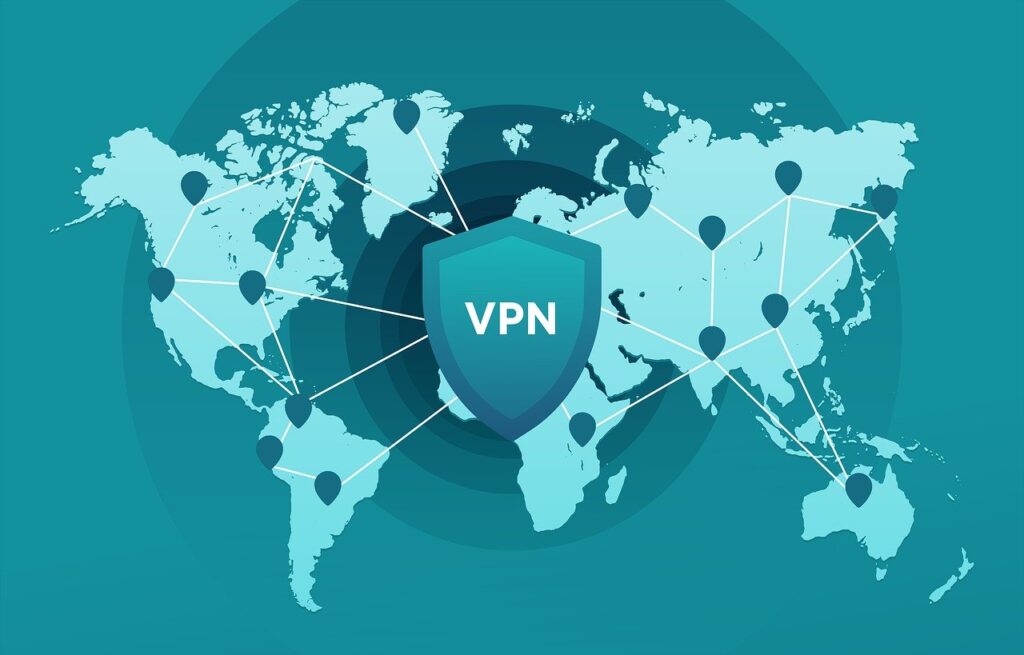Concerns about lag are one of the main reasons people hesitate to use a VPN. Gamers in particular worry about delays that might affect reaction times, while everyday users don’t want their connection interrupted during a video call or file upload. The reality, however, is more nuanced. While VPNs do alter how your internet traffic is routed, the effect on speed depends on multiple factors, many of which are entirely within the user’s control.
Why Some VPNs Run Smoothly and Others Don’t
To start with, the way and the extent to which VPN use is tolerated differ significantly among platforms. Gambling sites, for example, often restrict access when they detect VPN activity, but many of the best VPN friendly casinos avoid these blocks by design. They allow users to maintain online privacy while playing, without imposing unnecessary performance barriers. In environments like these, where VPN compatibility is prioritized, lag becomes less of a concern, not because it disappears entirely, but because the infrastructure is built to work around it.
The next important point of consideration is the fact that VPN performance is largely determined by the quality of the service and the proximity of the server being used. Connecting to a server across the world introduces more latency than choosing one closer to your actual location. Encryption also adds a small processing load, but with modern devices, that burden is typically negligible. As TechRepublic explains, VPNs do slow your internet speed, but only around 10-20% for most users. This drop is considered normal and minimal, confirming that privacy doesn’t have to come at the expense of smooth performance.
Quality Comes Down to Infrastructure and Habits
The way VPN providers manage bandwidth and server congestion is another key factor. Top-tier VPNs invest in high-speed infrastructure and offer multiple server options, ensuring that traffic is distributed evenly. Users on free or poorly maintained services, by contrast, are more likely to encounter bottlenecks. In this sense, lag is less a consequence of VPN technology itself and more a reflection of the provider’s investment in capacity and user experience. In essence, choosing a provider with a strong reputation often eliminates the issue altogether.
Usage habits also matter. Someone browsing news sites or watching standard-definition videos will rarely notice any slowdown. Even high-bandwidth activities like streaming or gaming can run smoothly when the VPN is properly configured. The difference lies in setup and network compatibility, not in the idea of VPNs as inherently disruptive. As long as the connection is optimized, the added encryption layer does its job without compromising usability.
Mainstream Use Pushes Smarter VPN Design
This growing reliability is reflected in public adoption patterns. According to a Statista survey examining how often people use VPN, 41% of respondents from the UK and the USA reported they use it at least once a week. This figure suggests VPNs are no longer viewed as high-tech software for cybersecurity professionals, but are becoming part of mainstream digital habits. If lag were a significant barrier, such widespread adoption would be unlikely.
As VPNs become more widely adopted, the most reliable VPN services now focus on striking a balance between speed and security. Some offer specialized modes for streaming, gaming, or torrenting, which reroute data through performance-optimized servers. Others provide split tunneling, allowing users to choose which apps go through the VPN and which don’t, which minimizes the impact on overall bandwidth. These features don’t eliminate lag completely, but they significantly reduce its likelihood in everyday use.
What is important to underline here is that, in practice, any tool that encrypts and redirects data will cause some delay. What matters is how that delay is managed. Users who understand how VPNs function and who choose their provider carefully rarely experience disruptive lag. Instead, they gain meaningful improvements in online privacy and location control with only minor compromises in speed. For most people, that tradeoff is more than acceptable.
- Using Modern Technology to Purchase Life Insurance in Australia: Strategies - July 11, 2025
- Do VPNs Cause Lag - June 25, 2025
- Smart Contracts at the Card Table: Automating Trust in Online Poker Rooms - June 25, 2025
